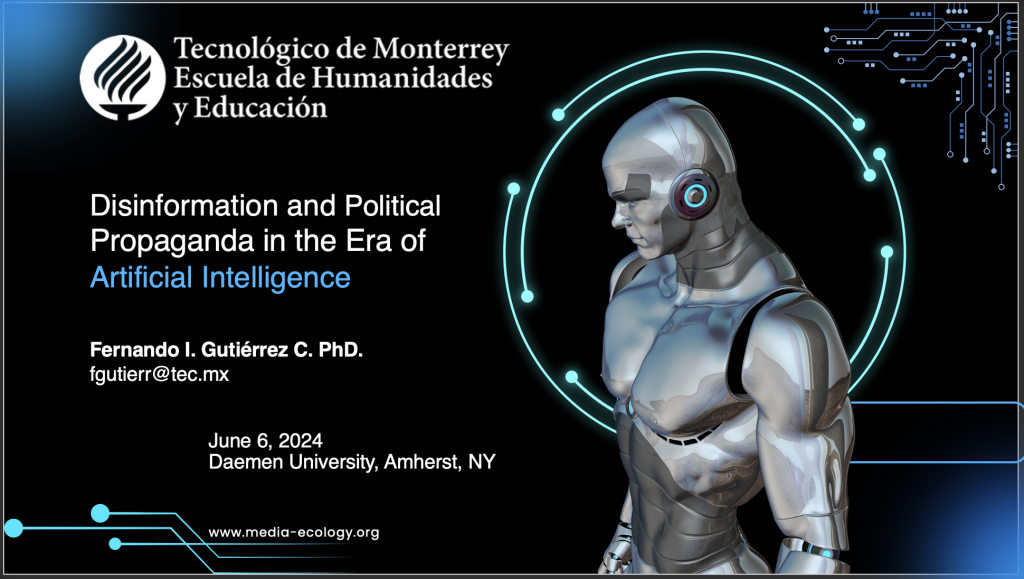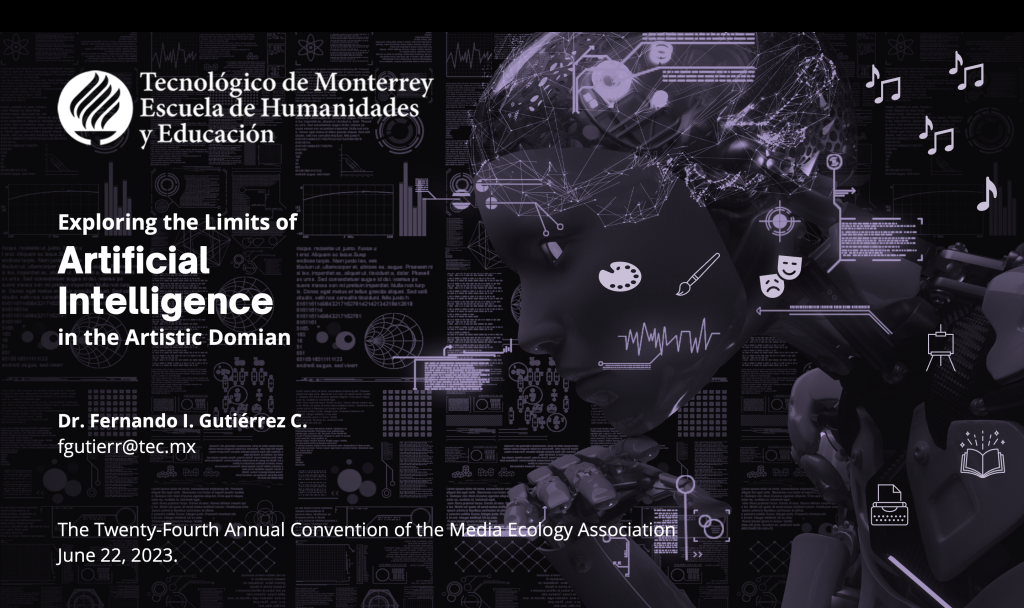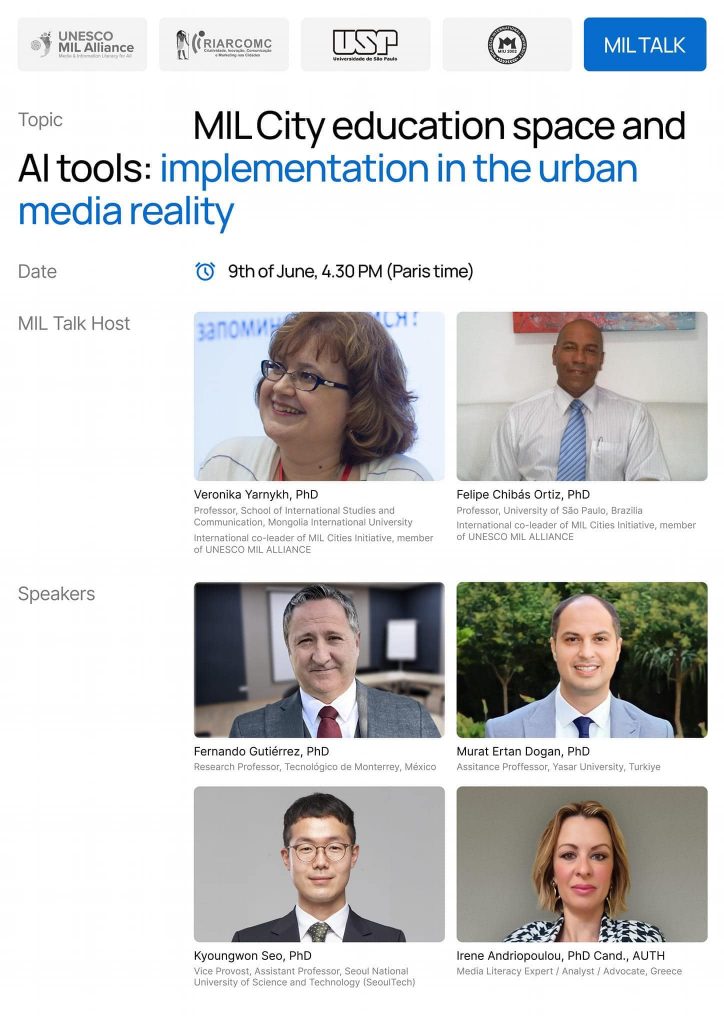- Disinformation and political propaganda: An exploration of the risks of artificial intelligence
- Authors: José Octavio Islas-Carmona, Fernando Ignacio Gutiérrez-Cortés and Amaia Arribas-Urrutia
- View Affiliations
- Source: Explorations in Media Ecology, Volume 23, Issue Artificial Intelligence and Media Ecology, Jun 2024, p. 105 – 120
- DOI: https://doi.org/10.1386/eme_00199_1
- Language: English
ABSTRACT: A significant shift is currently underway in the disinformation industry. We are transitioning from the era of disinformation fuelled by fake news and social media to disinformation on a larger scale generated through artificial intelligence (AI). Therefore, the objective of this text is to analyse this disinformation phenomenon, catalysed by social media and AI, from the media ecology perspective. This work is divided into two parts. In the first part of the text, we analyse the disinformation phenomenon, highlighting the involvement of certain governments. In the second part of the text, we focus on recognizing the effects that can arise from the use of AI within the extensive landscape of the disinformation industry.



